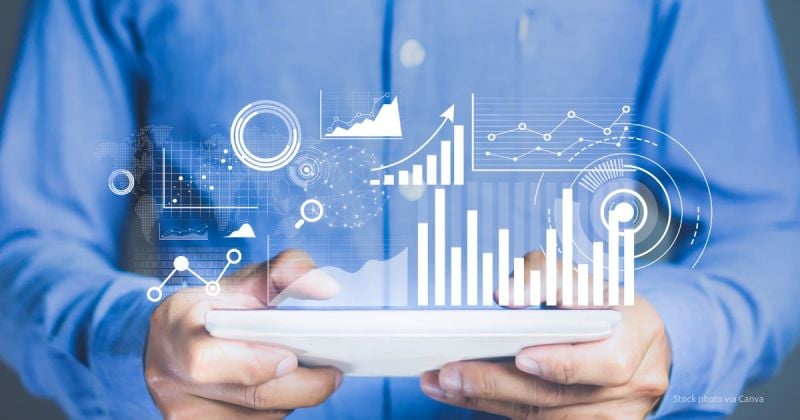You Can Soon Get Easy Access to Decades’ Worth of Data on Election Outcomes and LGU Spending

In a September 15th interview on Radyo 630, Dr. Rogelio Alicor Panao, Convenor of the Program on Social and Political Change (PSPC) and Associate Professor of Political Science at UP Diliman, discussed one of PSPC’s research initiatives, The Philippine Local Government Election Dataset Project.
Set to be launched in November 2024, the project is essentially a website that identifies the candidates of local elections (up to the governor level) from 1992 to 2022. It also contains data on LGU spending on various public services for the same period.
Dr. Panao explained that the project seeks to help voters evaluate candidates based on their track records, especially when it comes to the use of public funds, rather than on campaign promises.
Grounded in the principle of retrospective voting, the project also allows individuals to make connections between governance choices and candidate political history in forming their political opinions.
Ultimately, he stressed that by enabling access to these datasets, the project would empower citizens to make more informed choices at the polls, and move beyond personality-driven politics to data-driven decision-making.
The data from the project is a laborious aggregation of publicly available information requested from the Commission of Elections (COMELEC), according to Dr. Panao. “Ang problema lang kailangan mo yan ipunin, icompile, itranslate sa proseso na madaling iaccess. Halimbawa, database, yung nakaexcel [The problem is the data needs to be compiled and translated into an easy-to understand process. Like a database in Microsoft Excel].
Further, when inquired regarding the dataset’s accessibility to garner public interest and maximize its use, he emphasized ongoing efforts of the Program on Social and Political Change (PSPC), such as the recent roundtable held on July 31, 2024.
The discussion yielded valuable suggestions, including the need to summarize and highlight key data points, translating information into various languages, and creating engaging social media content.
In the interview, Dr. Panao also stressed that the dataset only presents existing information free of bias, and will be available for download for interested parties in the spirit of public accountability.
“Datos yan, wala naman po kaming pinapaboran na kandidato. Kahit po kandidato pwede po iaccess yung data. Malaya po sila” [Data speaks for itself. We do not present it with bias. Even political candidates can freely access the data], he said when asked regarding the non-partisanship of the project. Efforts are also being taken so that data will be safeguarded from hacking and cybersecurity risks through UP’s infrastructure.
The Program on Social and Political Change are endeavoring hard to engage stakeholders for feedback before the November 2024 launch, seeking to improve the navigation of the website, as well as user interface. The interview may be viewed at UP CIDS YouTube Channel (UP CIDS thanks Radyo 630 for permission to upload the video).
Watch a recording of the July 31, 2024 roundtable in CIDS YouTube channel. Learn more about the Program on Social and Political Change and download FREE policy papers.